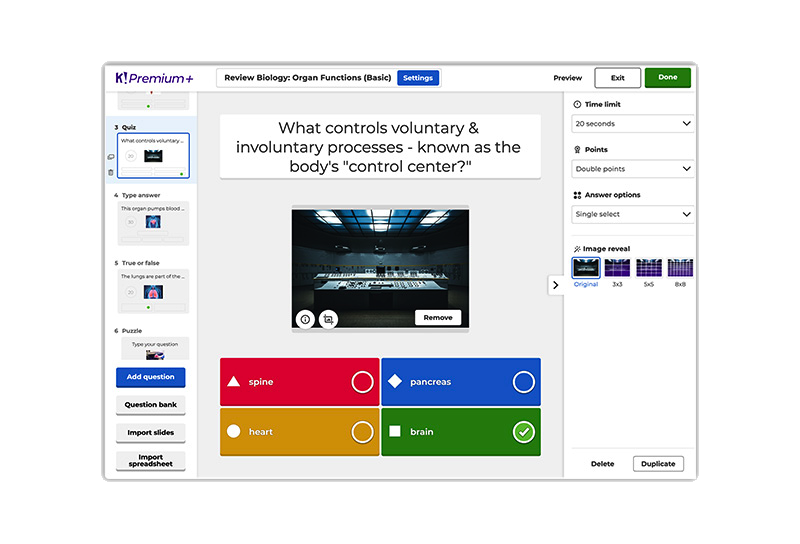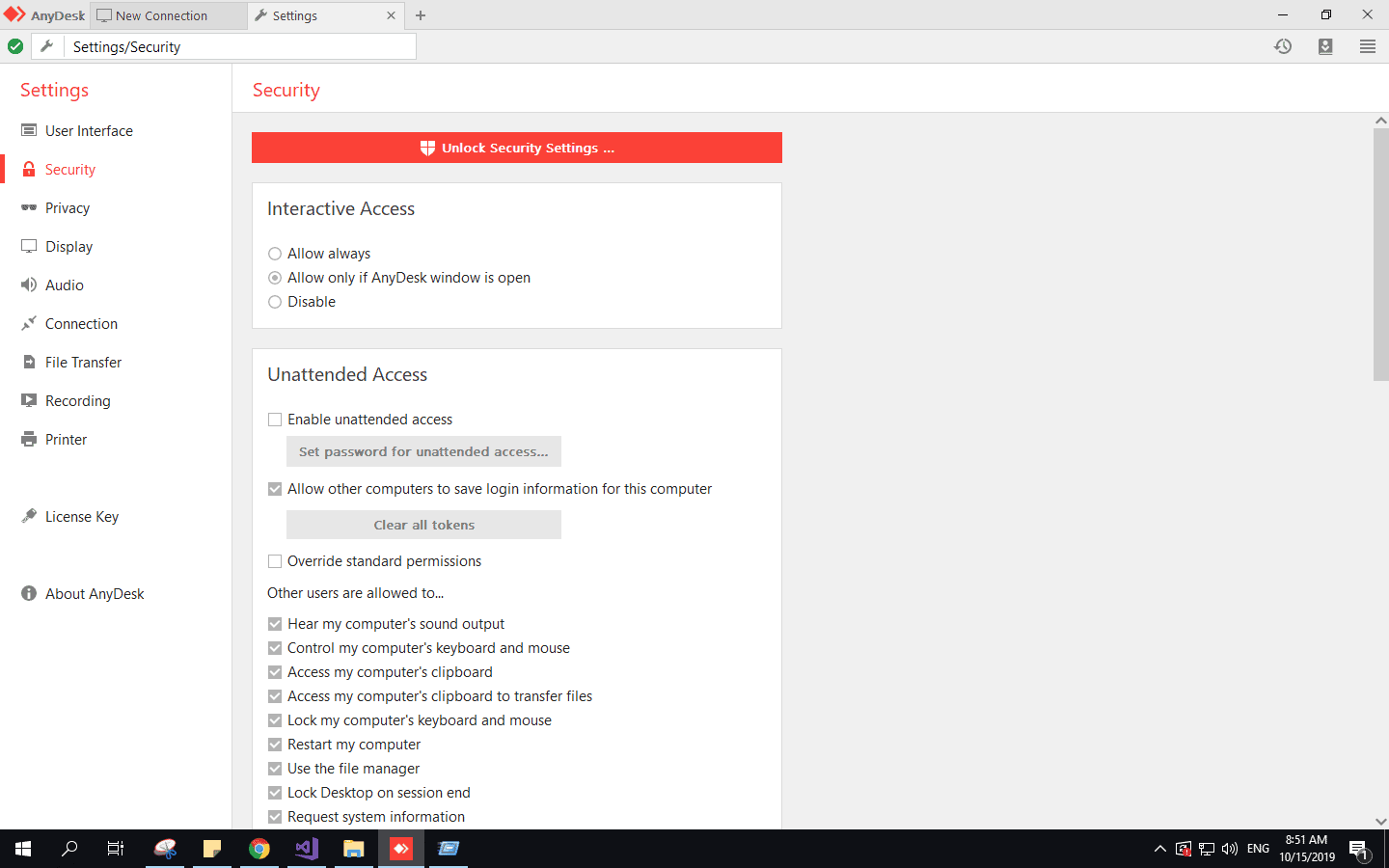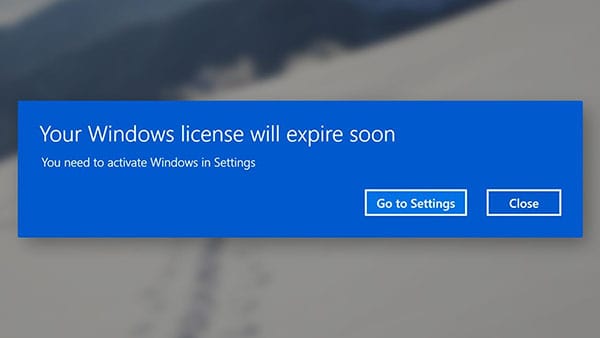Awakened PoE Trade Keyboard Shortcuts: Mastering Efficiency in Path of Exile Trading
In the realm of Path of Exile trading, time is of the essence. Every second counts when securing the items you need. This guide will delve into the realm of Awakened PoE Trade keyboard shortcuts, revealing how they can revolutionize your trading approach. Benefits of Using Keyboard Shortcuts in Awakened PoE Trade: Efficiency is key when navigating the intricate …










